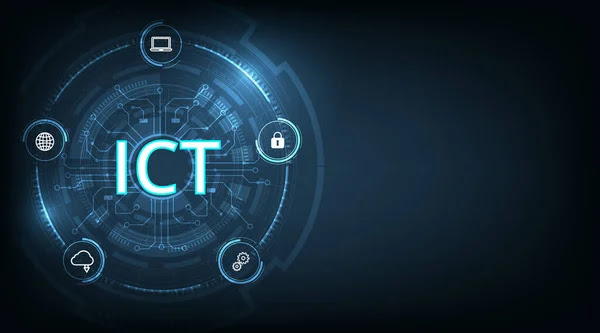In the rapidly evolving landscape of technology, Artificial Intelligence (AI) has emerged as a game-changer across various sectors. One domain where AI is making substantial strides is education. Students, educators, and institutions are experiencing the transformative impact of AI on teaching, learning, and overall educational experiences. As AI continues to permeate classrooms and virtual learning environments, its effects on students are profound, ranging from personalized learning to skill development for the future.
Personalized Learning: Tailoring Education to Individual Needs
One of the most significant contributions of AI to students is the facilitation of personalized learning. Traditional classrooms often struggle to address the diverse learning needs of students. AI-driven platforms, on the other hand, analyze individual learning patterns, strengths, and areas for improvement to offer tailored educational experiences. Adaptive learning software can adjust the pace, content, and difficulty level of lessons, ensuring that each student learns at their own optimal pace. This not only improves learning outcomes but also boosts students' self-confidence and motivation.
Enhanced Engagement and Interactive Learning
AI-powered educational tools have the ability to make learning engaging and interactive. Chatbots, virtual tutors, and interactive simulations provide students with hands-on experiences that stimulate critical thinking and problem-solving skills. These tools foster active participation, enabling students to explore concepts through experiential learning rather than passive consumption of information. Interactive AI applications also promote collaboration among students, encouraging peer learning and knowledge-sharing in a virtual classroom environment.
Efficient Assessment and Feedback Mechanisms
Traditional methods of assessing students' performance often rely on standardized tests and assignments. AI-driven assessment tools can provide real-time evaluation, offering immediate feedback to students. This helps students understand their strengths and areas that require improvement. AI algorithms can analyze students' responses and behaviors to identify learning gaps, allowing educators to tailor interventions and support accordingly. Such timely feedback enhances the learning process and empowers students to take ownership of their education.
AI and Skill Development for the Future
In an era marked by rapid technological advancement, students need to develop skills that prepare them for the future job market. AI's impact on students extends beyond academic learning to include the development of essential 21st-century skills such as critical thinking, creativity, adaptability, and digital literacy. As AI automates routine tasks, students are encouraged to focus on higher-order skills that cannot be easily replicated by machines. This equips them to excel in a workforce characterized by innovation and complex problem-solving.
Ethical Considerations and Digital Citizenship
Introducing AI to students also provides an opportunity to discuss ethical considerations and digital citizenship. As students interact with AI-driven technologies, they develop an understanding of data privacy, algorithm biases, and responsible AI usage. Educators can guide students in critically evaluating information sources, identifying misinformation, and practicing ethical behavior in digital spaces. This fosters a generation of informed and responsible digital citizens who can navigate the AI-driven world responsibly.
Challenges and Considerations
While AI offers transformative benefits to students, its integration into education is not without challenges. One concern is the potential displacement of educators by AI-powered teaching assistants or online platforms. However, AI should be seen as a complement to educators, enhancing their capabilities rather than replacing them. Teachers remain crucial for providing emotional support, mentorship, and guidance that AI cannot replicate.
Additionally, issues related to data privacy and security arise when AI systems collect and analyze students' data. Striking a balance between personalized learning and protecting sensitive information is essential. Institutions and policymakers must develop robust data protection policies to ensure that students' privacy is upheld.
Conclusion
The impact of AI on students is profound and multifaceted. From personalized learning to fostering future-ready skills, AI is reshaping the landscape of education. As AI continues to evolve, educators, policymakers, and students must collaboratively harness its potential while addressing ethical concerns and challenges. The future of education is dynamic, and AI's role in shaping this future is undeniable. By embracing AI as a tool for empowerment, students are better positioned to navigate an ever-changing world and contribute meaningfully to society.


